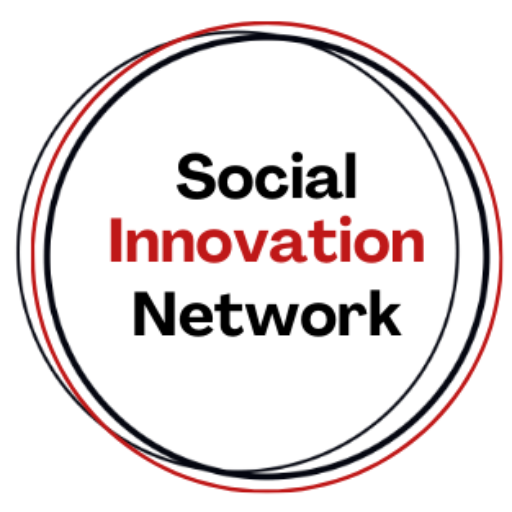The growing evolution of artificial intelligence in business is transforming the future workforce in today’s economy. In different industries, especially in business companies, the rapid advancement of AI assistants has contributed to the AI workforce transformation. AI assistants as employees have become a key factor in increasing productivity, and efficiency and decreasing costs.
However, experts are trying to predict the massive innovation with intelligent AI systems and their weaponization, since they have already been used in industries and have started to replace human employees.
AI Assistants: Shaping the Workforce of Tomorrow
As for the future of workplace technology, according to a Forbes Advisor survey, businesses are using AI Assistants in 56% of customer service, 51% in cybersecurity and fraud management, 33% for product recommendations, 26% in recruitment and talent sourcing, etc. Also, 61% of companies use AI to optimize email communication with their clients or colleagues or create long-written content, such as website copy and personalized advertising.
However, based on the Pew Research Report on AI workforce transformation, 71% of US citizens consider that AI should not be part of the financial hiring processes, because they think technology is worse than humans and another report claims that the use of virtual assistants in the workplace influences them professionally as well as personally.
Humans and AI: Redefining Teamwork in the Digital Era
Forming human-AI teams is not something new, given the increased integration of AI Assistants in the workplace. However, adding an AI team member significantly affects the whole spirit of teamwork, including team performance and coordination. Unfortunately, the AI team member often reduces coordination, communication, and trust between the whole team, because there is an overestimation of capabilities, and that impacts the AI and employees’ collaboration.
These ‘team member issues’ must be addressed with interdisciplinary collaboration between computer science and human psychology in order to enhance and advance the AI workforce transformation and achieve the full potential of human-AI teaming.
AI in Action: Addressing Challenges, Overcoming Barriers and Embracing Trends
The integration of AI Assistants in business comes with its own share of challenges and barriers. Challenges, like protecting personal or company data privacy, overcoming AI system biases, and adopting or embracing new trends, are the key factors in the future ‘growth’ and evolution of AI.
With today’s AI workforce transformation and AI applications, people around the world can be easily tracked, identified, or misclassified. This is why, the AI data principle of protecting data privacy decreases the opportunity for unauthorized breaches, access, or manipulation of sensitive information, that can negatively reflect on an individual or disrupt the overall workflow in the company.
But, besides protecting data privacy, there is also ‘the danger’ of the flawed design of the AI model or its training data. For example, this can influence the hiring recruitment process, where the employment of one gender could be more favored than the other, a facial recognition system when identifying individuals with darker skin tones, particularly women’s healthcare, where more resources were found to be allocated to white patients, than black, with the same health conditions, and financial system, where loans were denied to minority applicants at higher rates.
So, what are the future trends in AI?
In conclusion, the future of AI ‘tells a story’ of a transformative nature across different industries and lives. As AI advances in areas like machine learning or autonomous systems, the technology is destined to increase and improve business decision-making, business progress, and innovation. However, with this rapid AI evolution comes the question of ethical responsibility and consideration towards data privacy. So, by encouraging collaboration between technology, policymakers, and society, AI can shape a future marked by efficiency, creativity, and positive social impact.
By Ljupka Janevska
References :
- Rushford, (2024) ‘’The role of artificial intelligence in shaping modern business strategies’’, ,https://rushford.ch/insights/the-role-of-artificial-intelligence-in-shaping-modern-business-strategie/
- ISACA, (2021) ‘’Challenges of AI and data privacy and how to solve them’’, https://www.isaca.org/resources/news-and-trends/newsletters/atisaca/2021/volume-32/challenges-of-ai-and-data-privacy-and-how-to-solve-them
- Forbes Advisor, (2024), ‘’AI in business: Benefits, challenges, and opportunities’’, https://www.forbes.com/advisor/business/software/ai-in-business/
- Wiz Academy (2024), ‘’AI and data security’’, https://www.wiz.io/academy/ai-data-security






